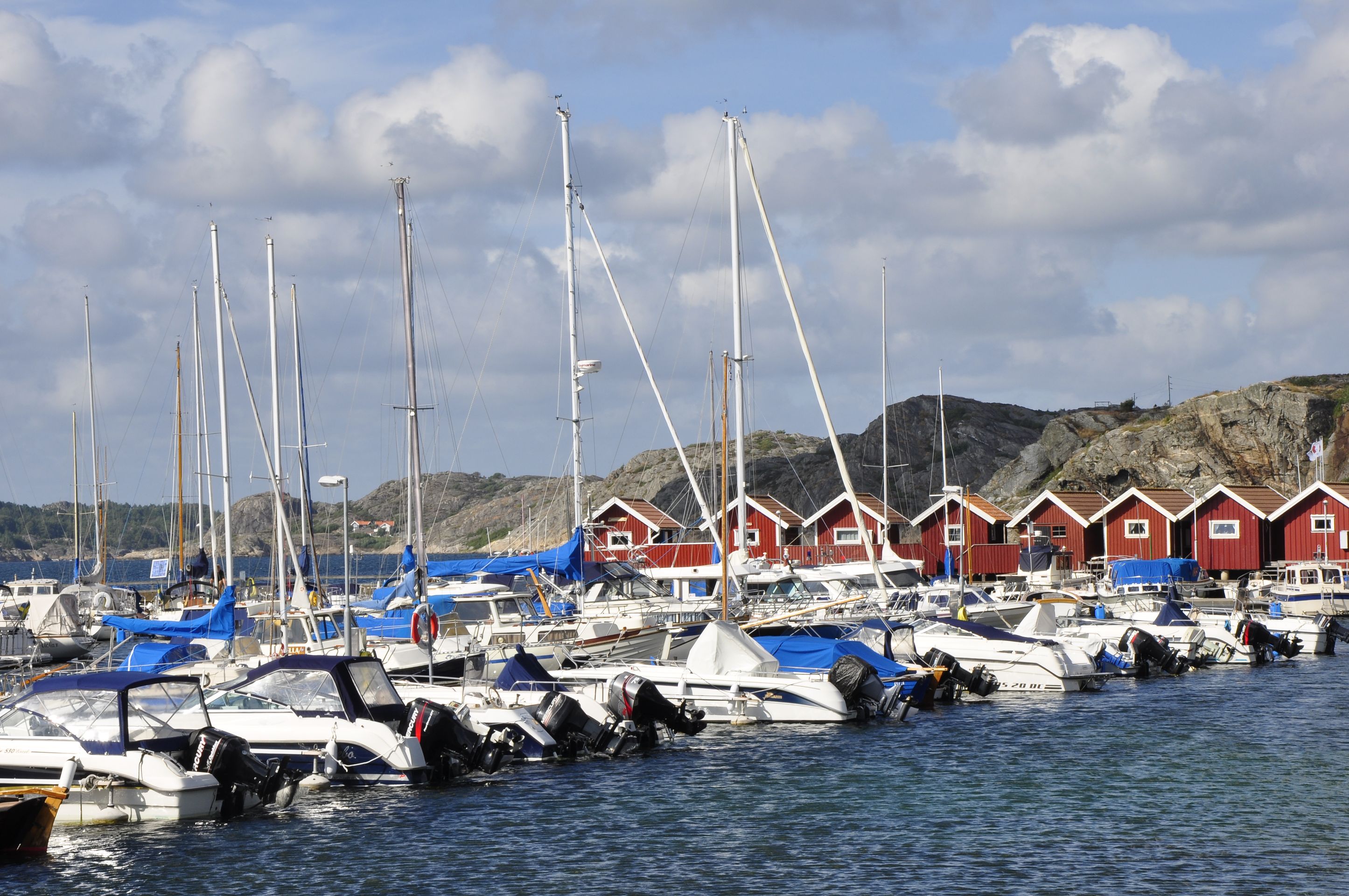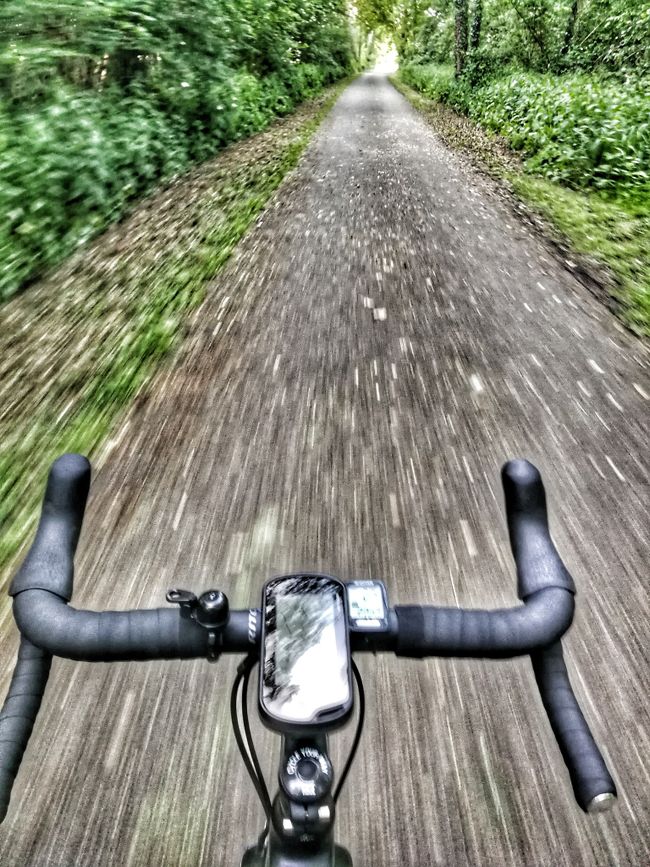Day 37, Tallinn
प्रकाशित: 26.06.2022
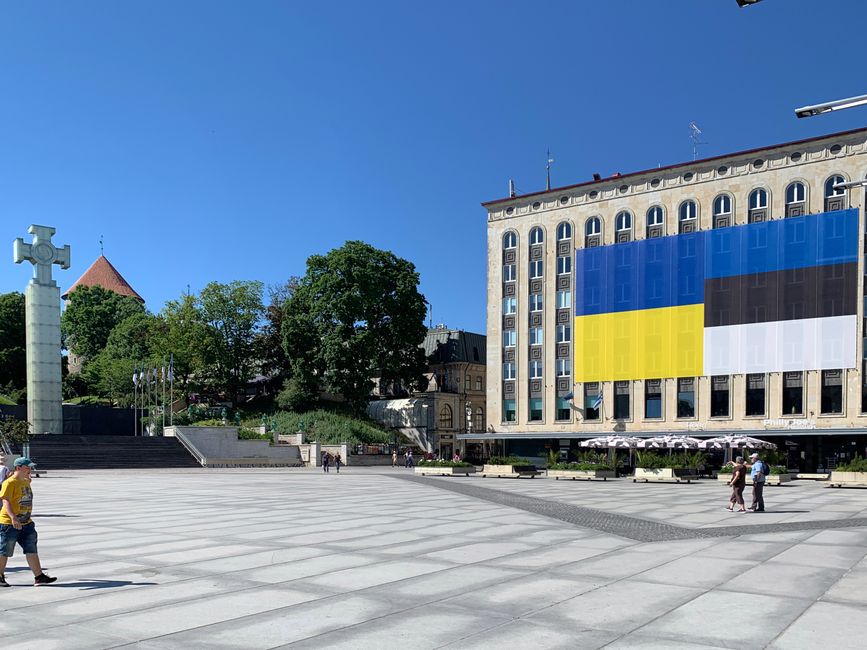
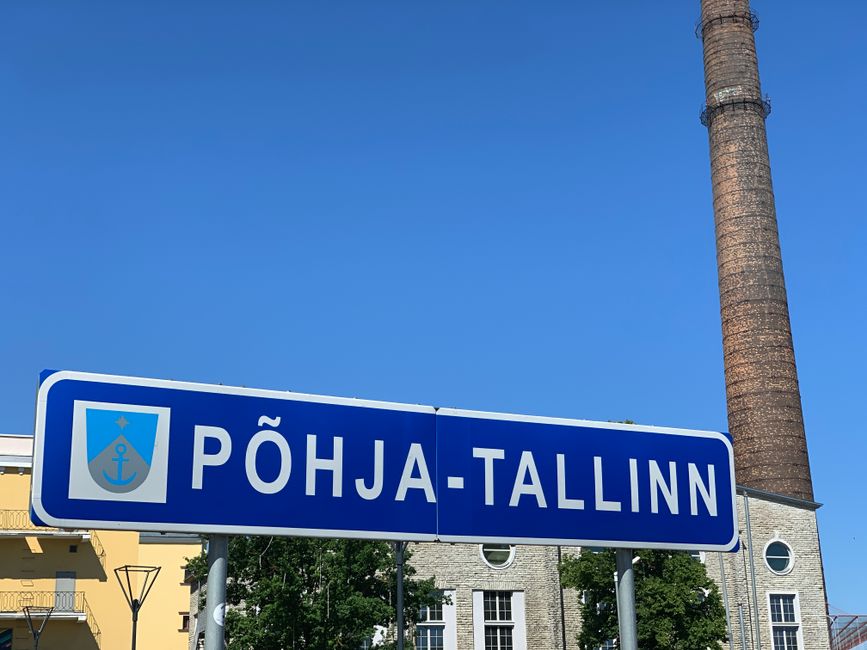
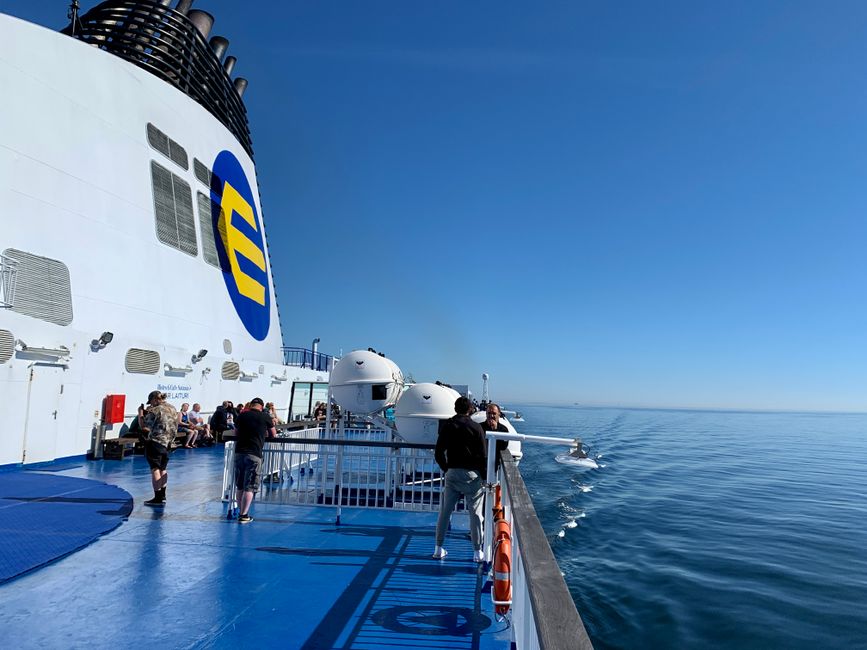
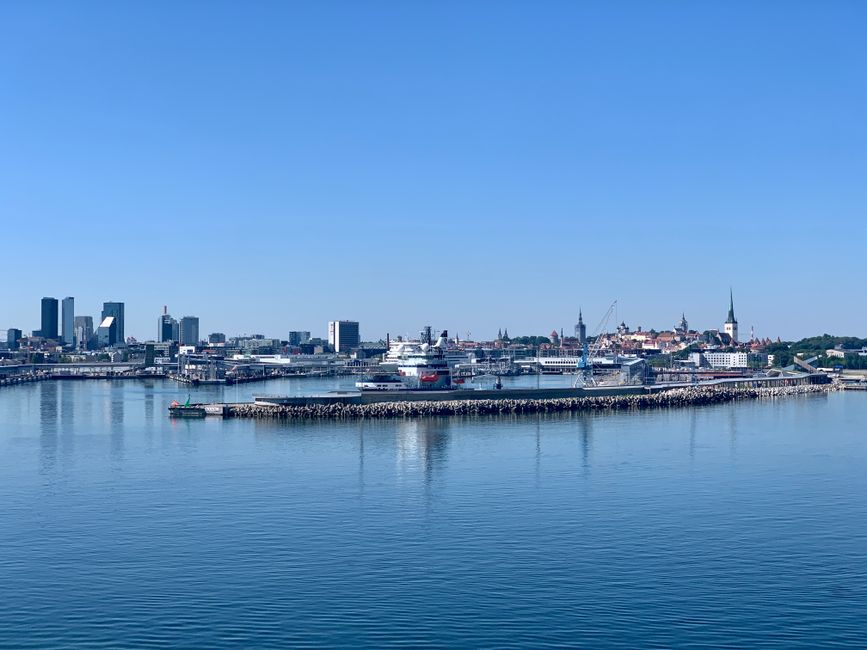
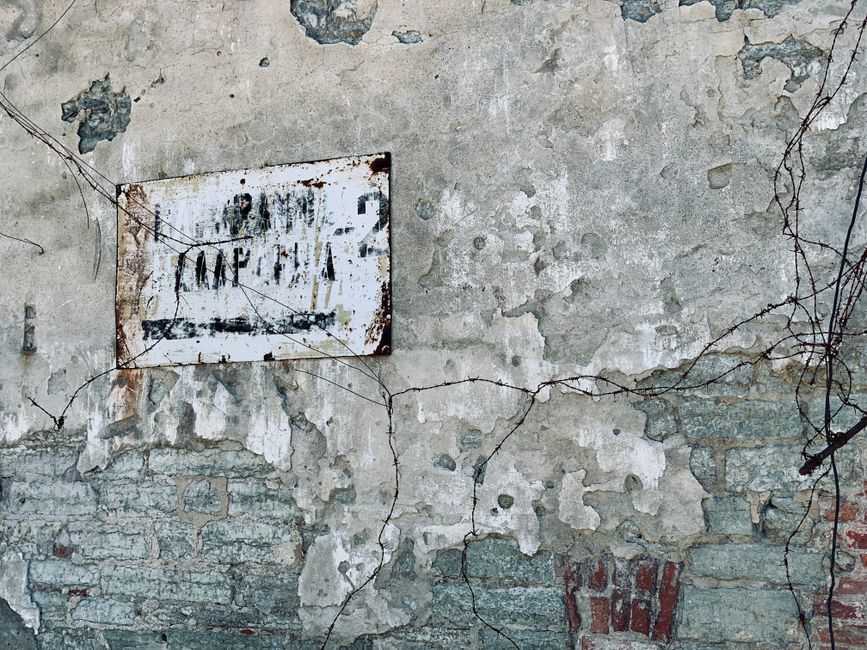
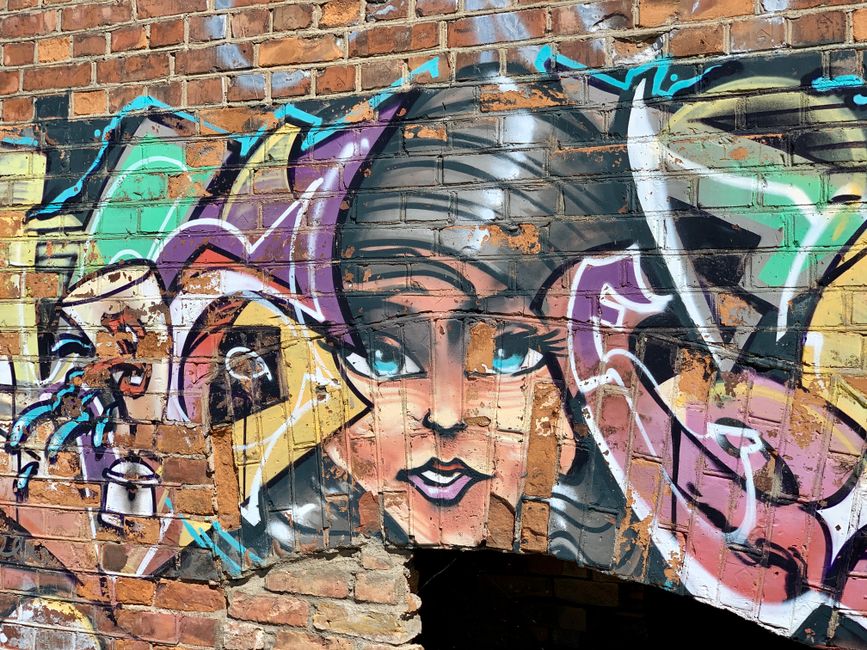
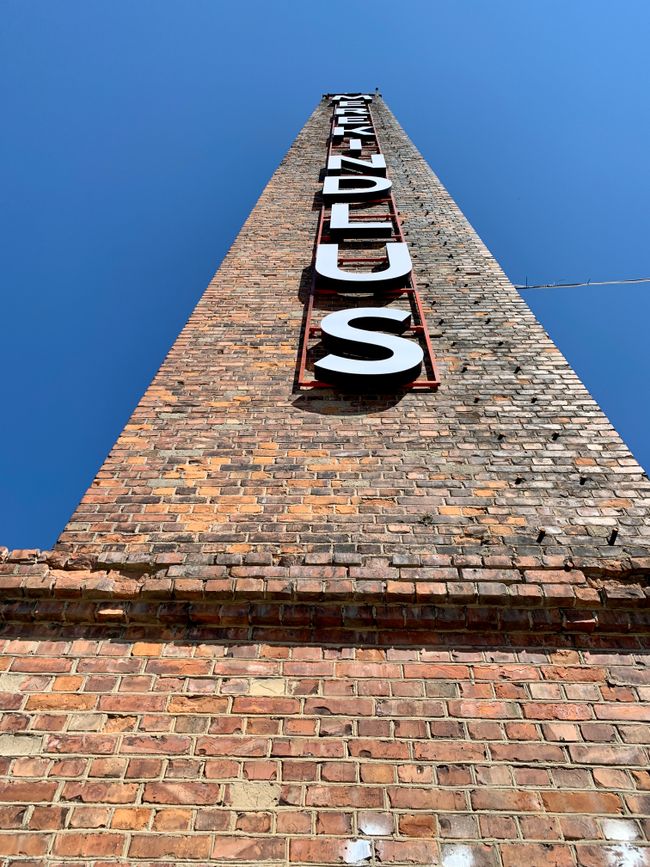
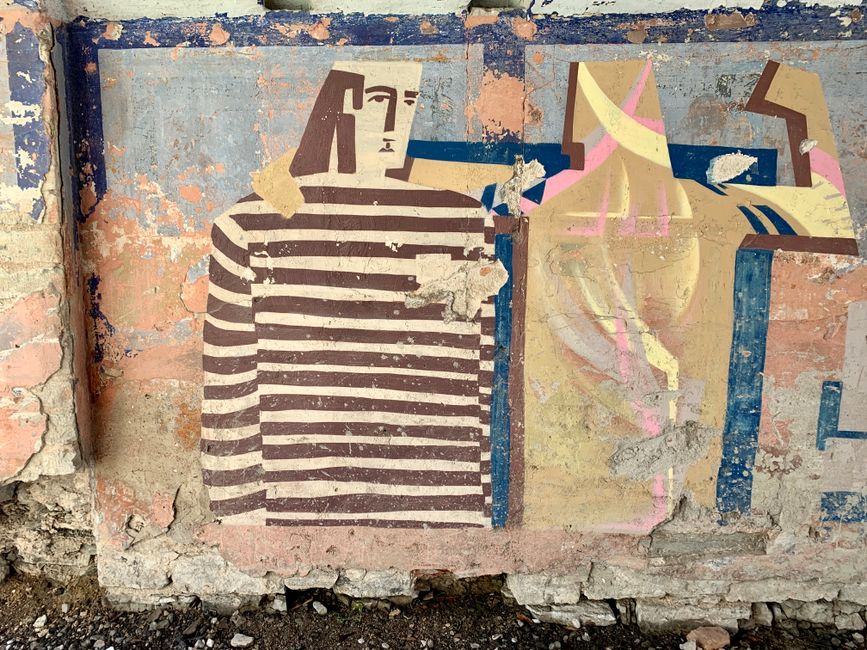
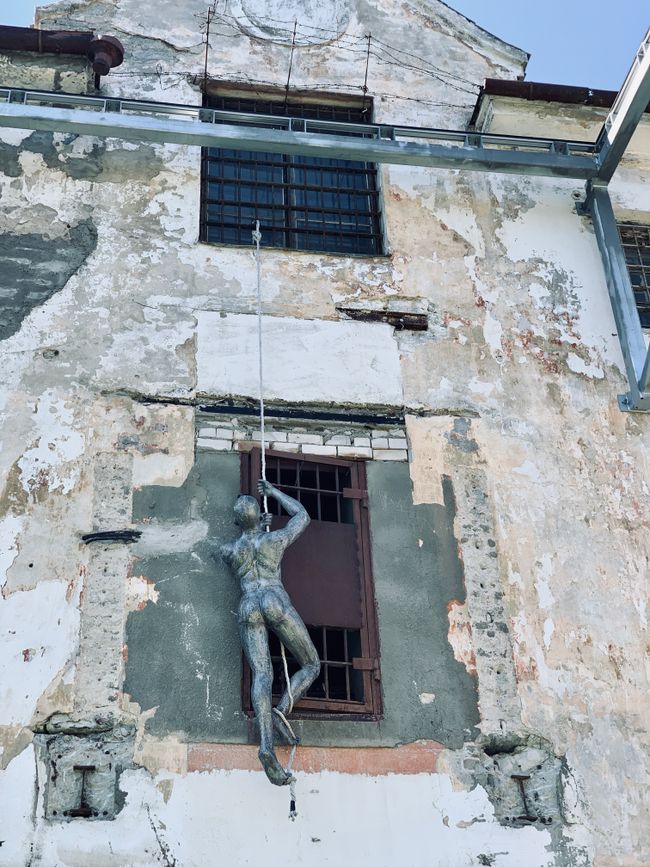
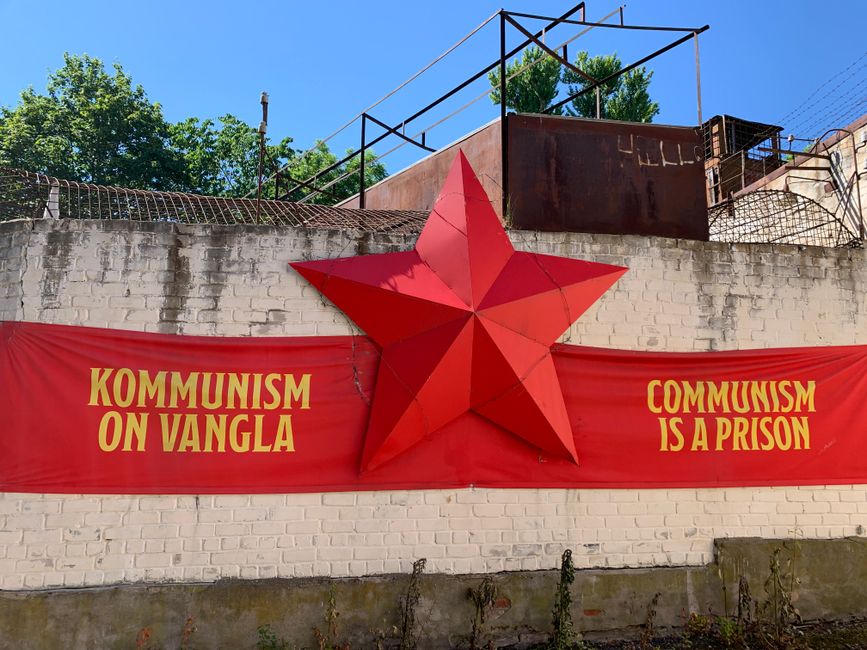
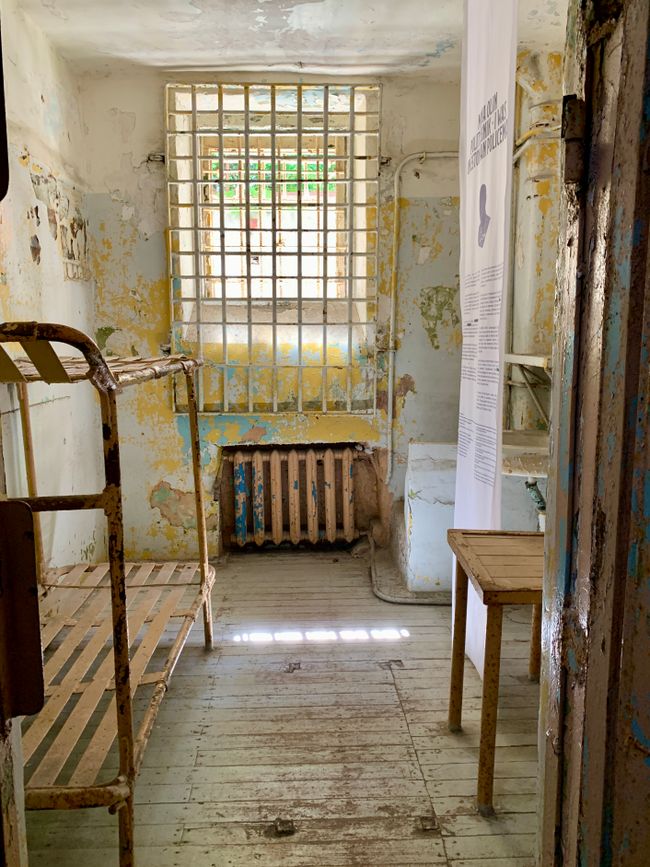
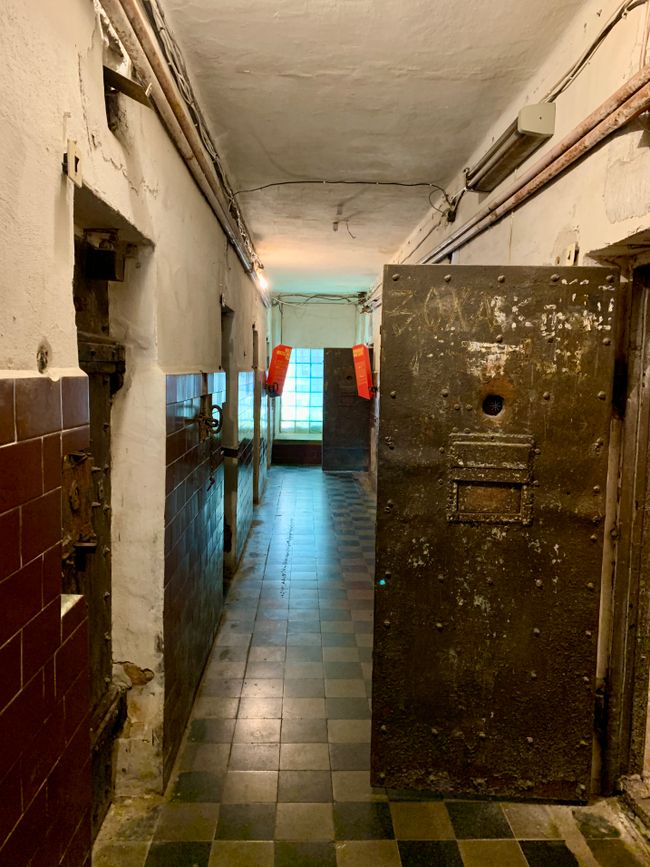
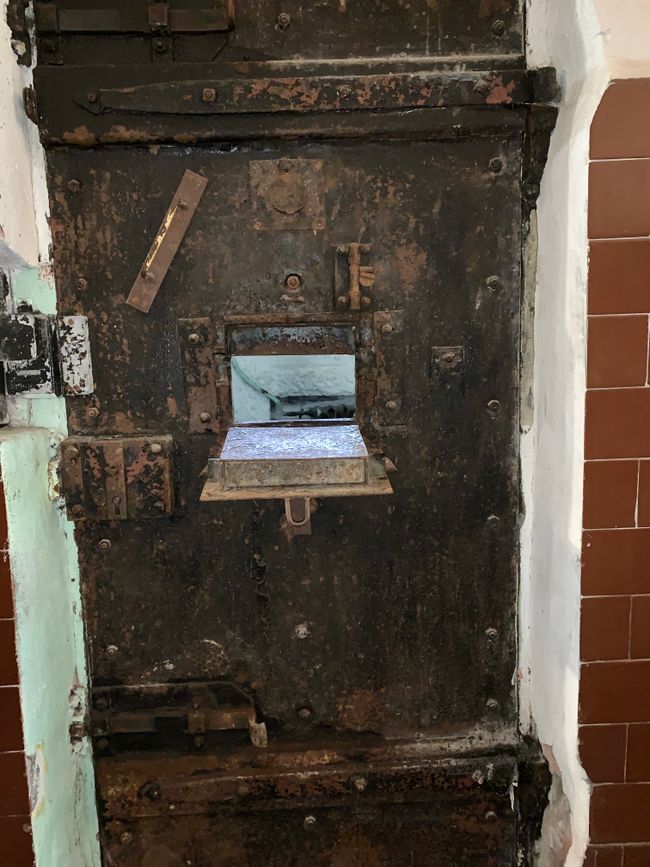
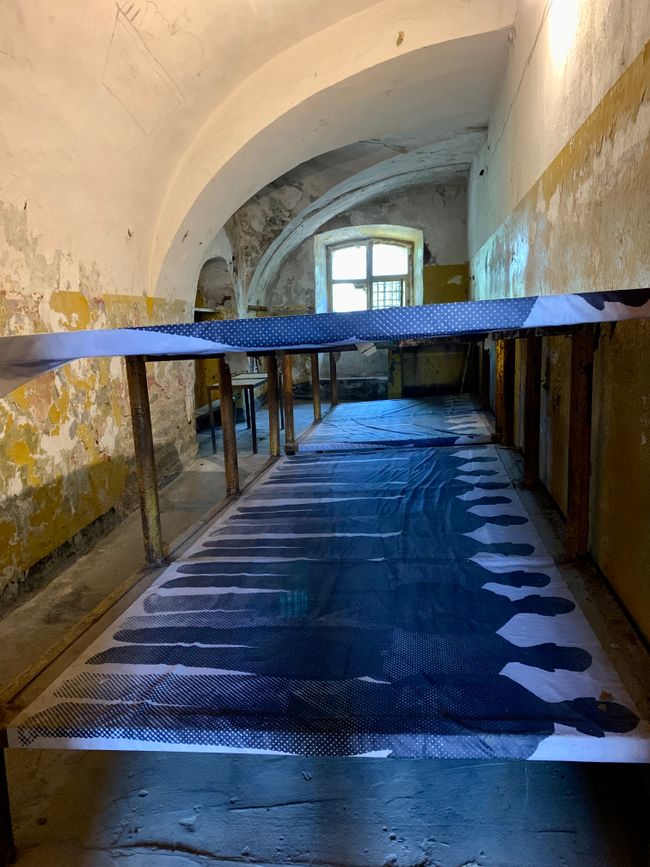
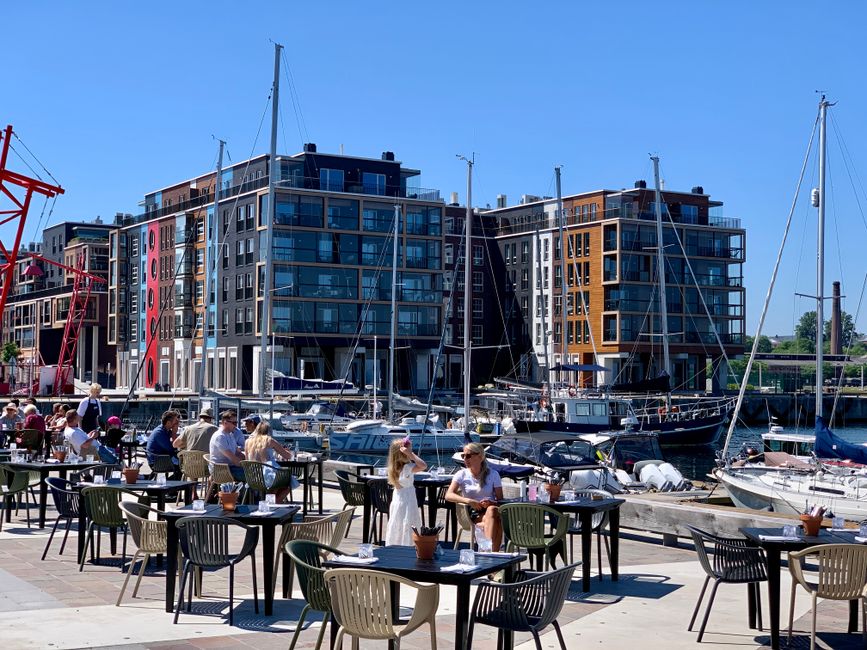
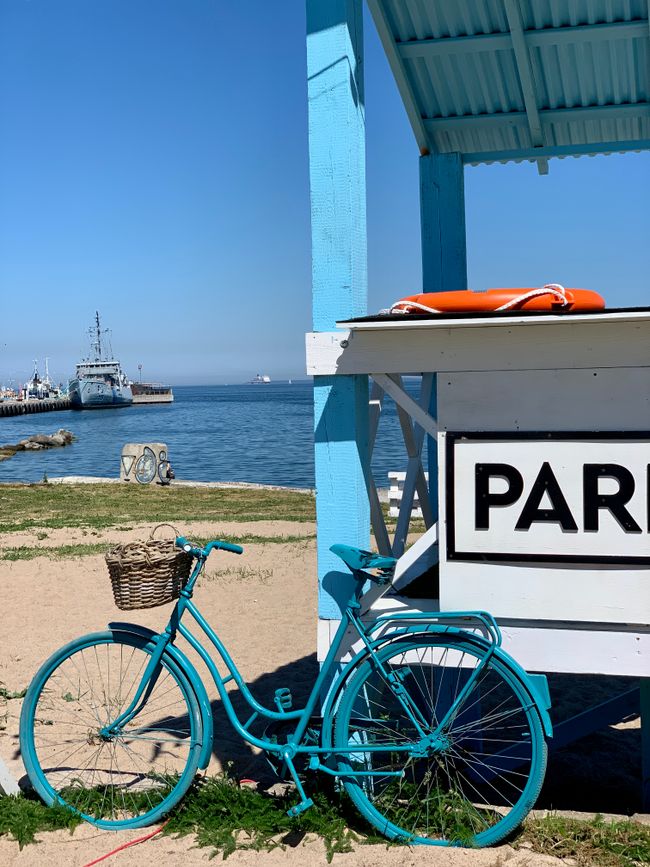
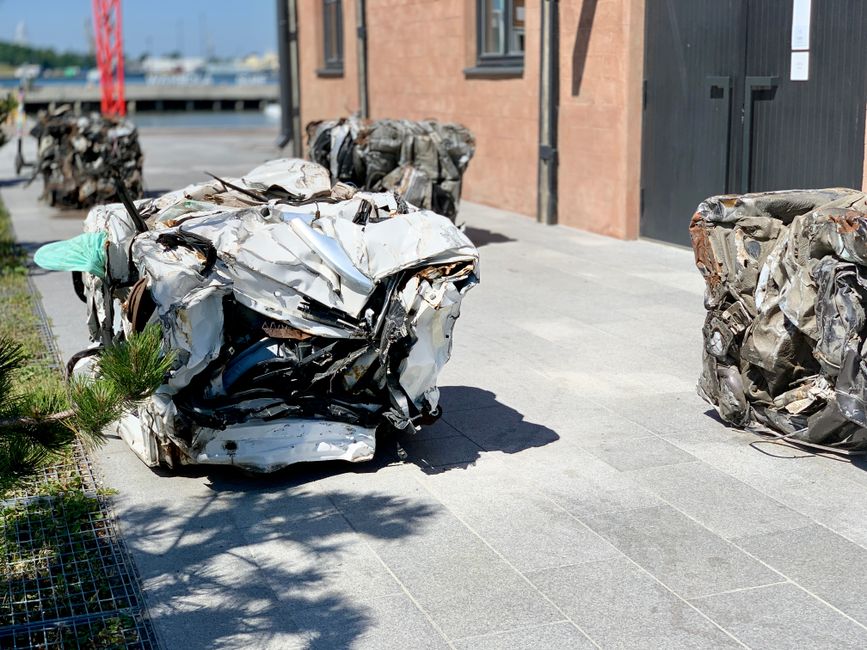
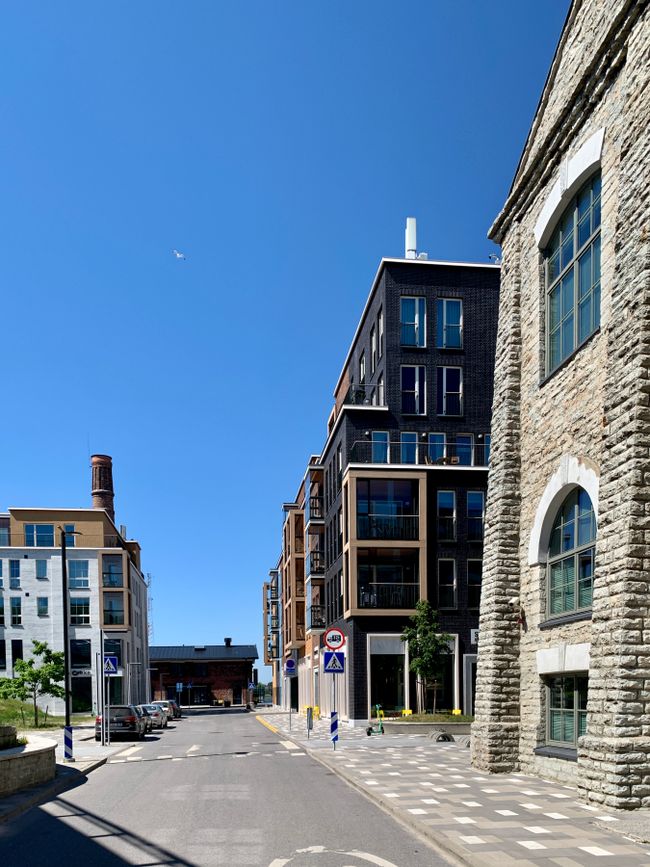
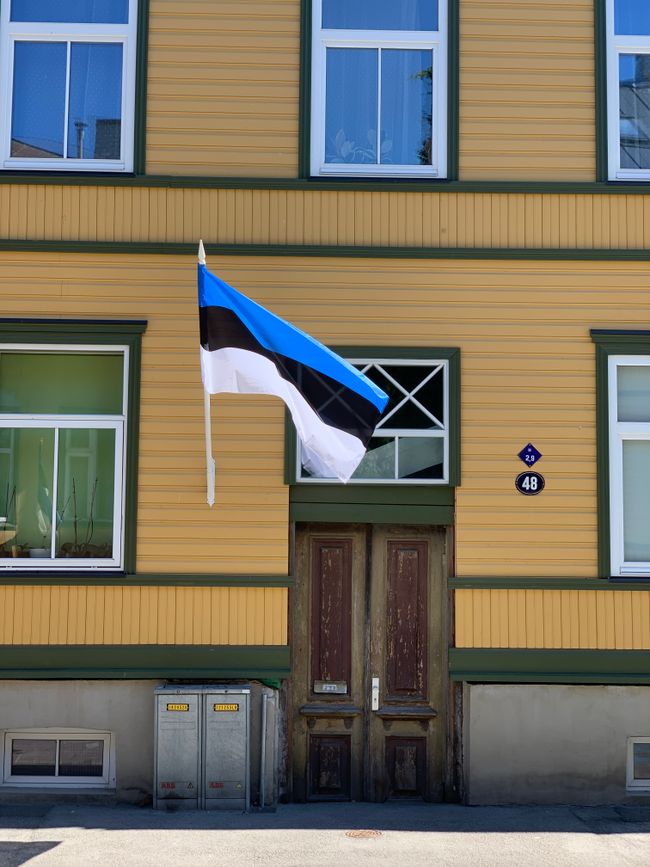
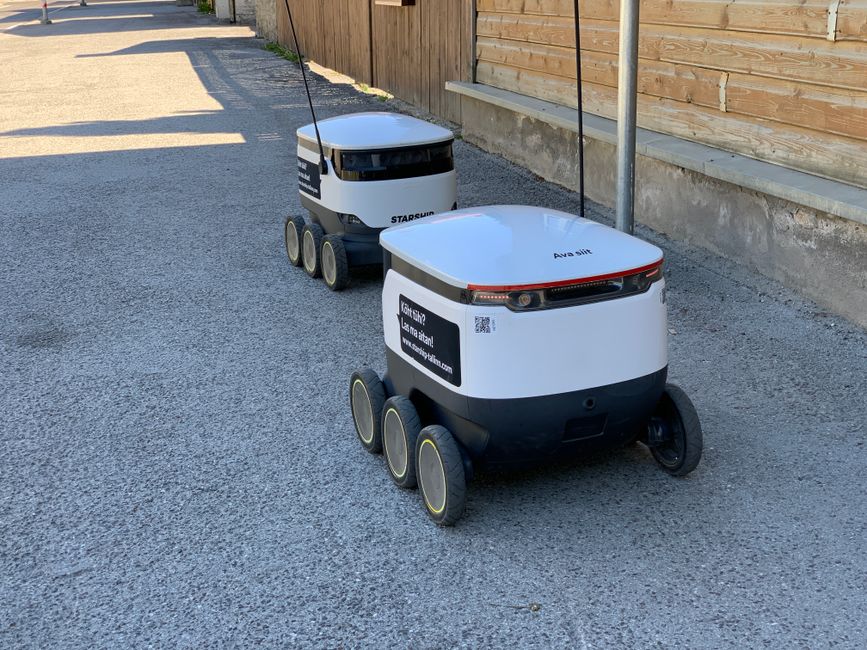

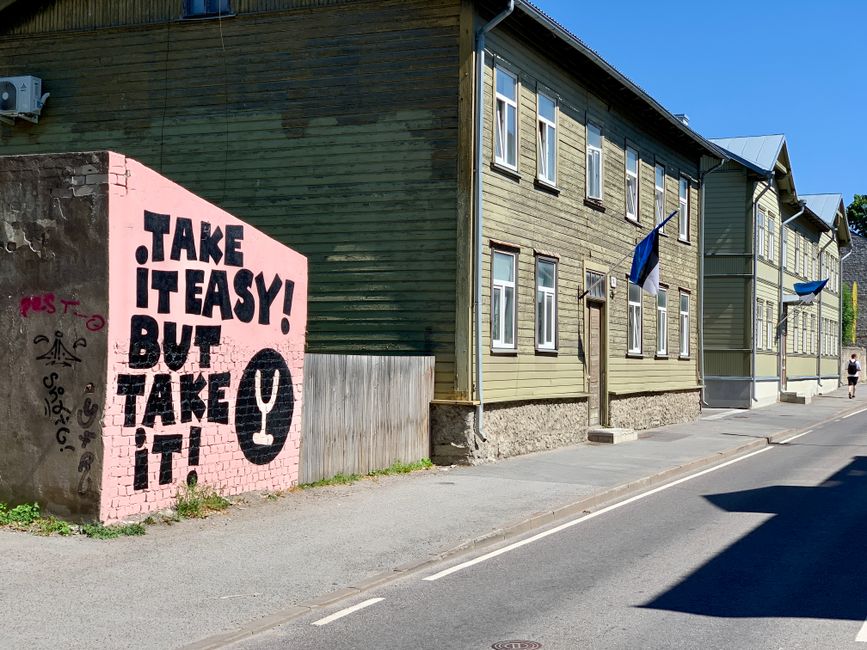
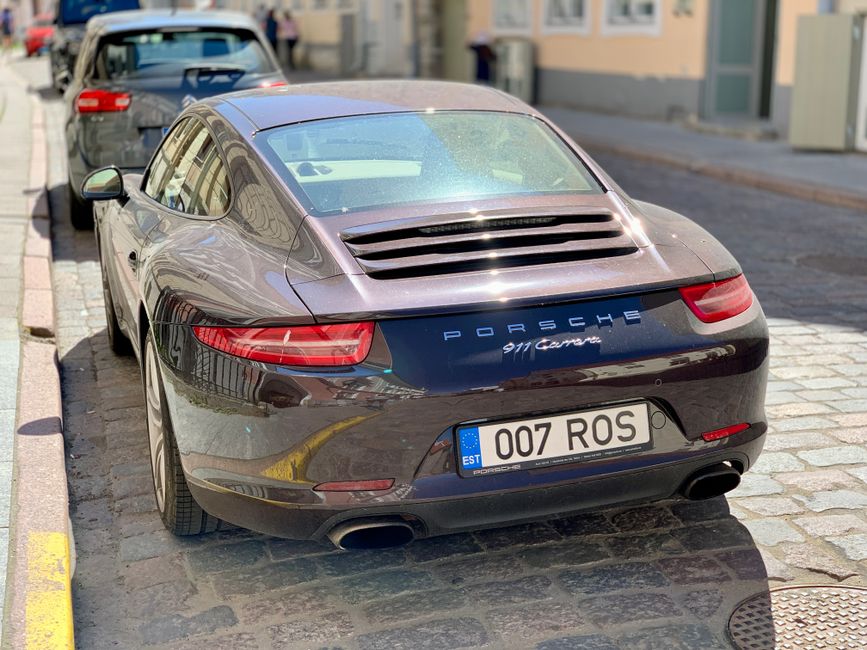
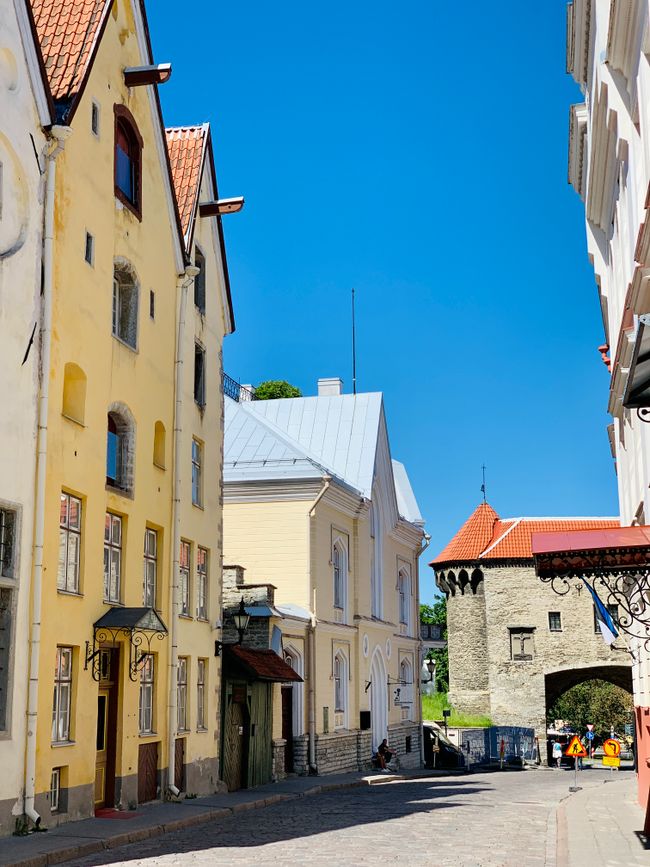
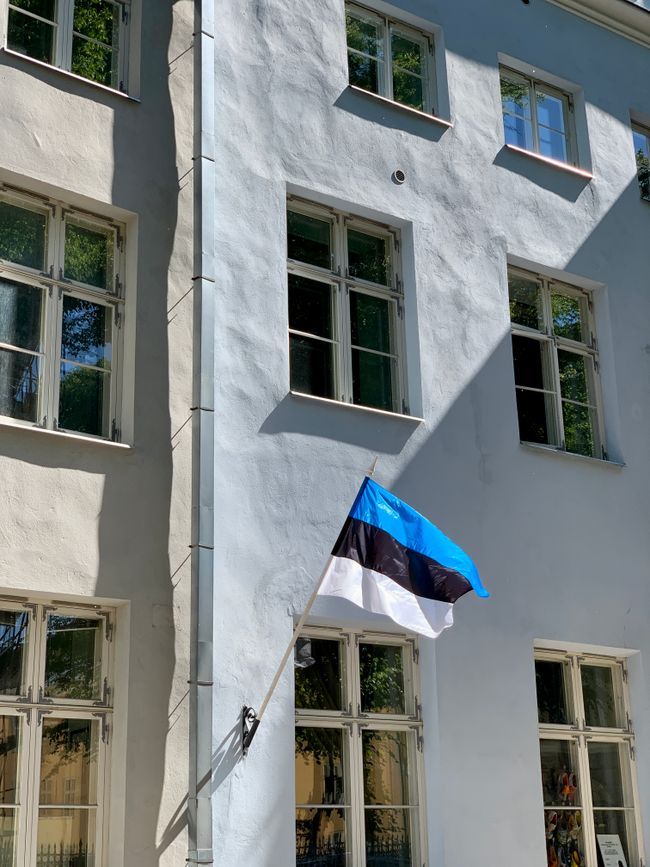
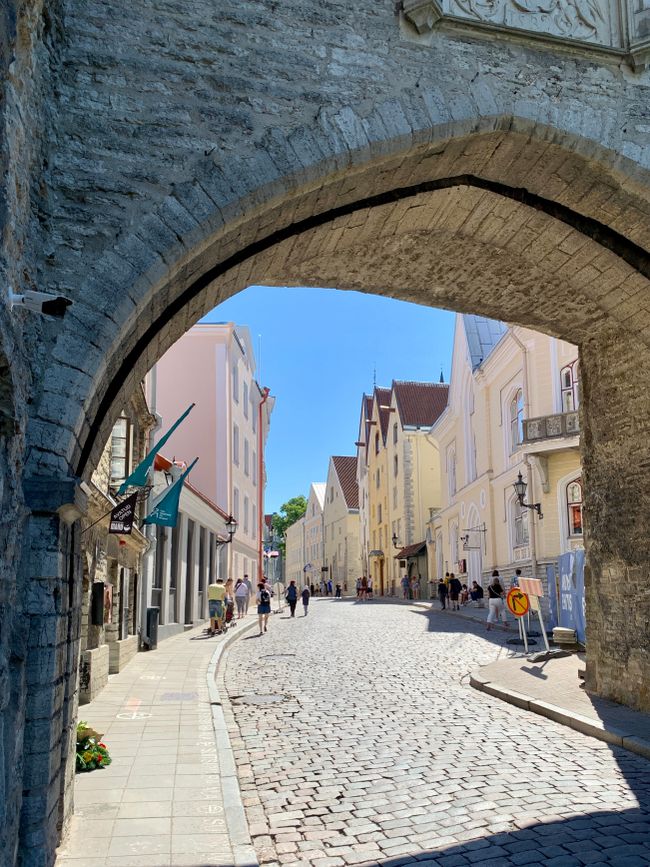
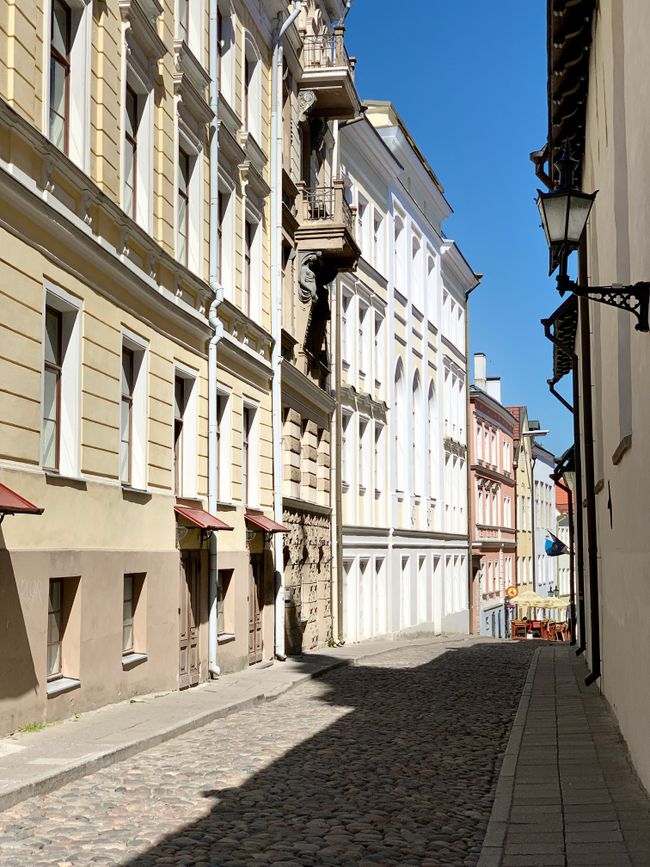
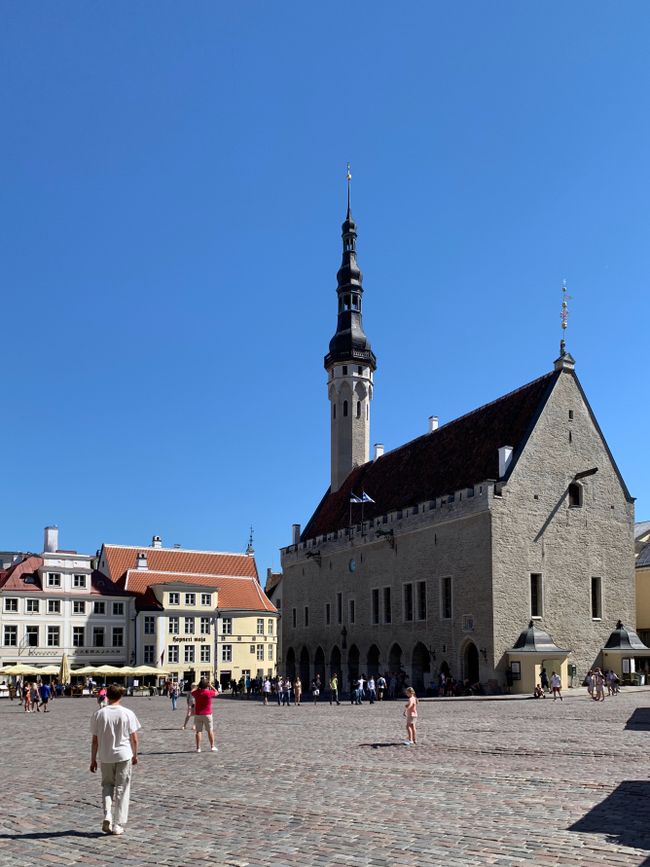
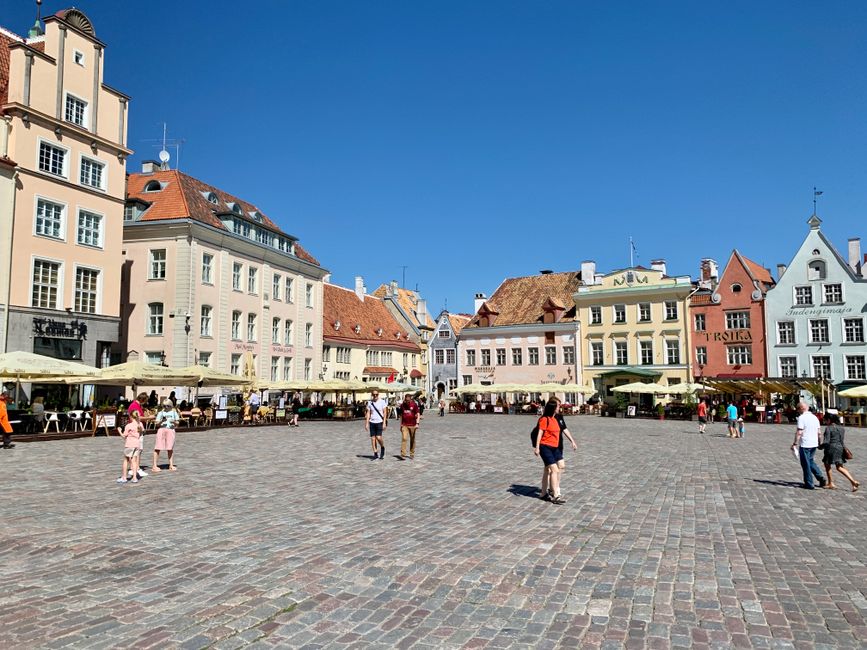
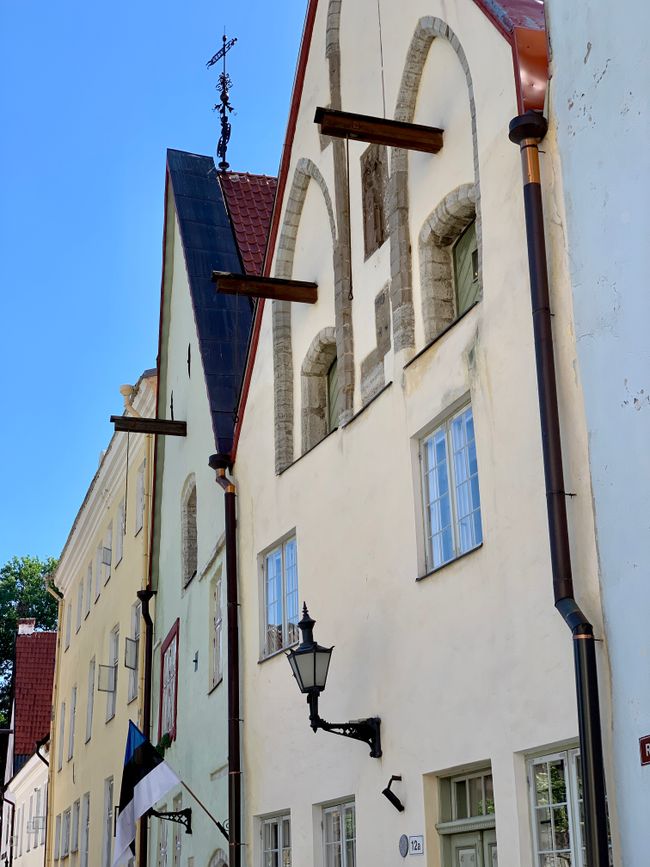
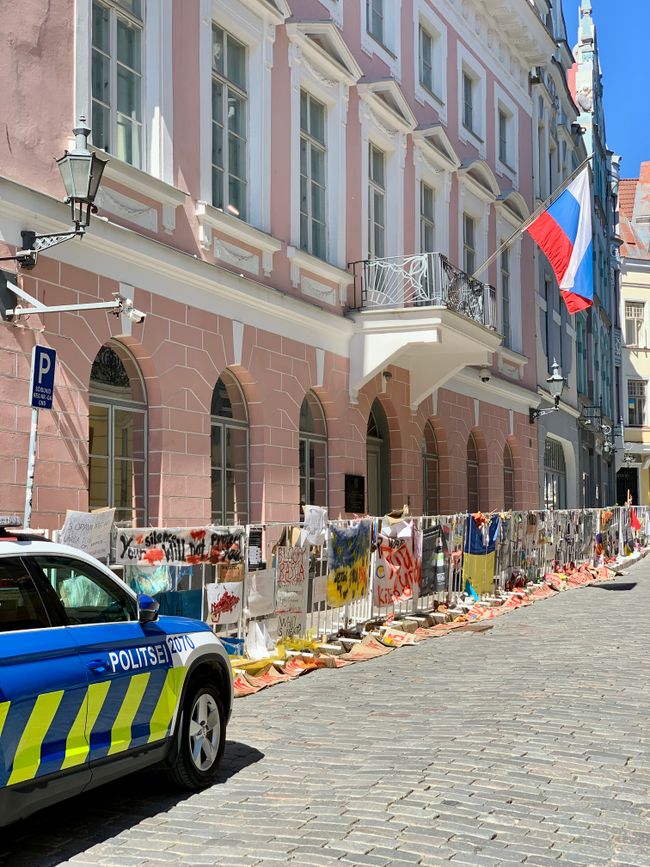
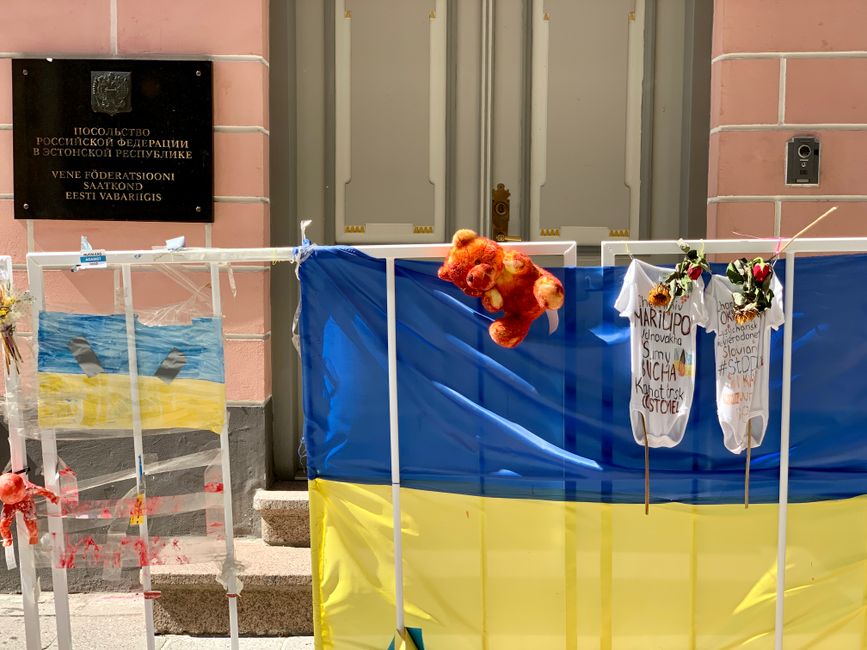
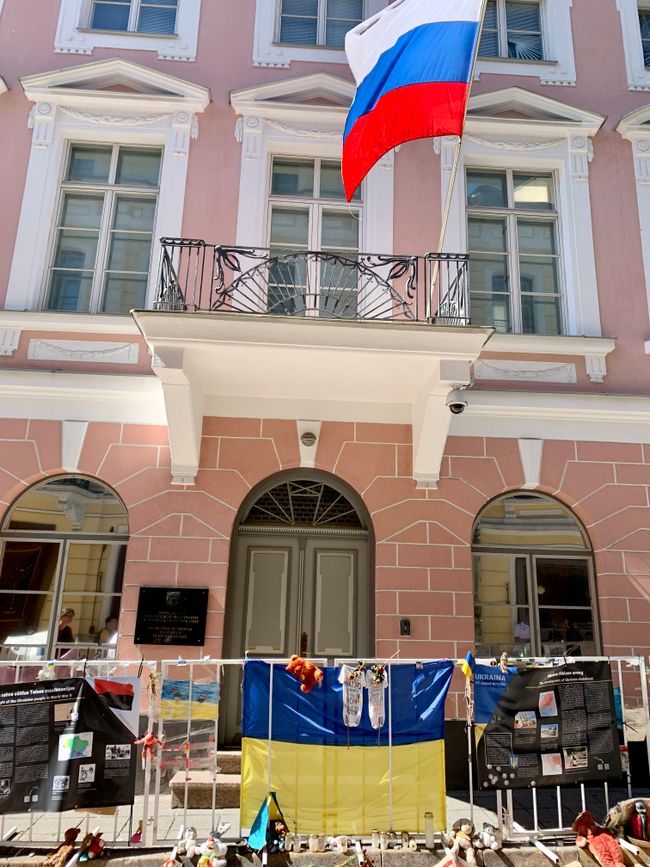
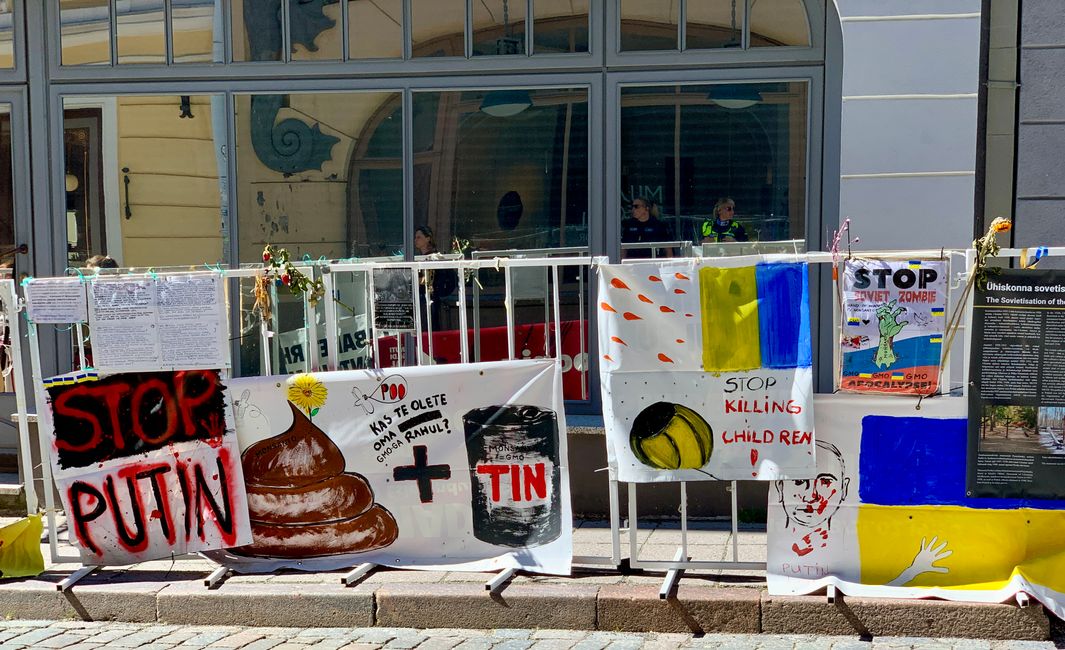
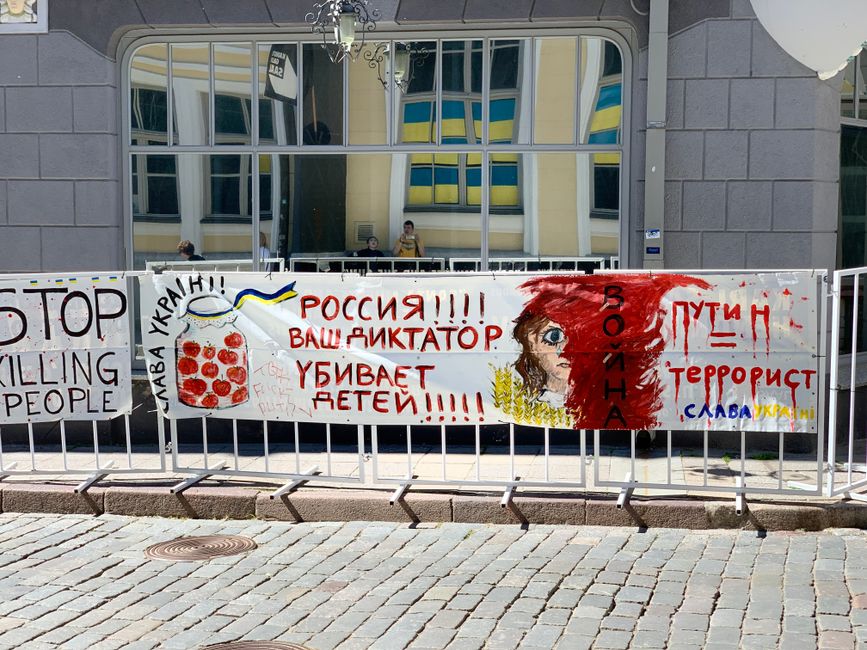
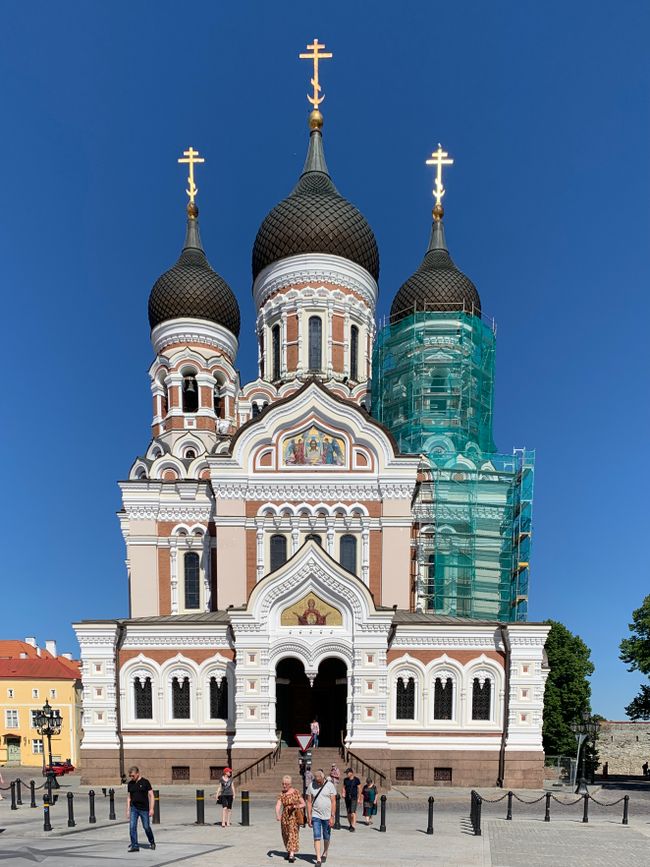
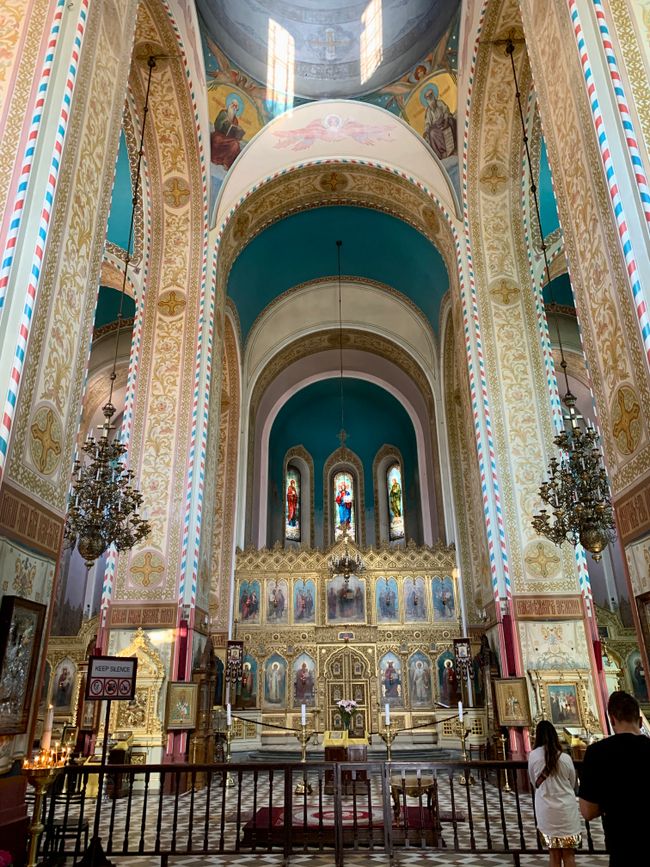
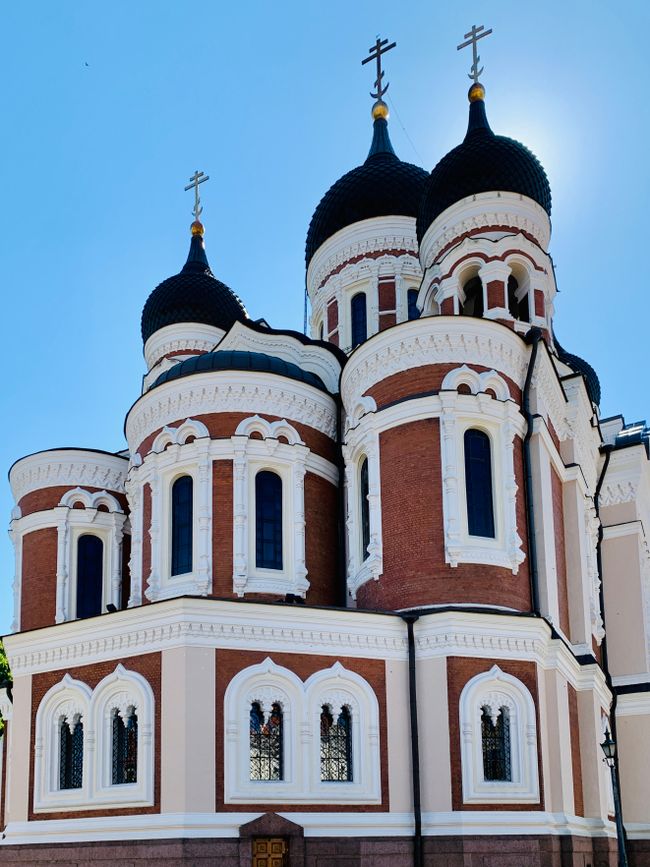
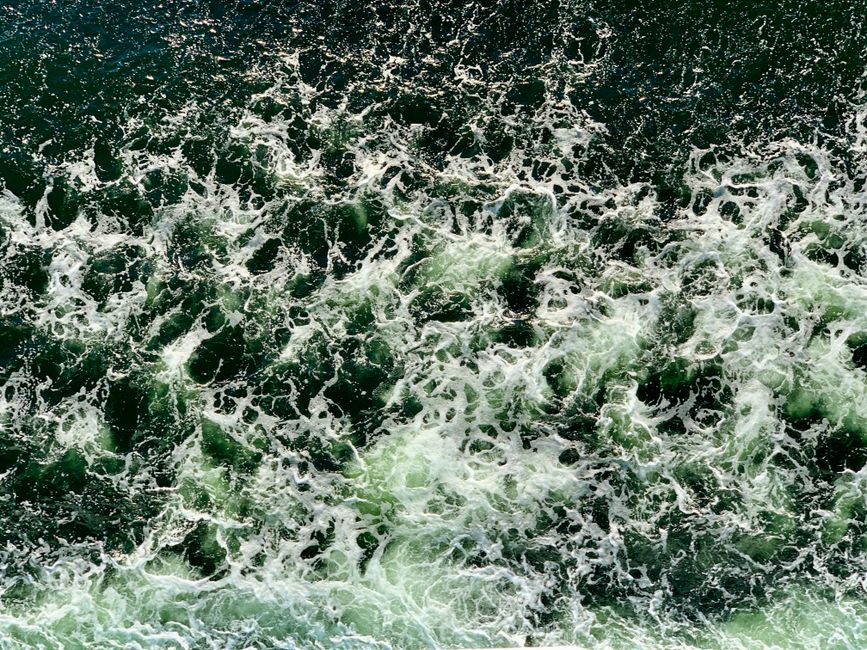
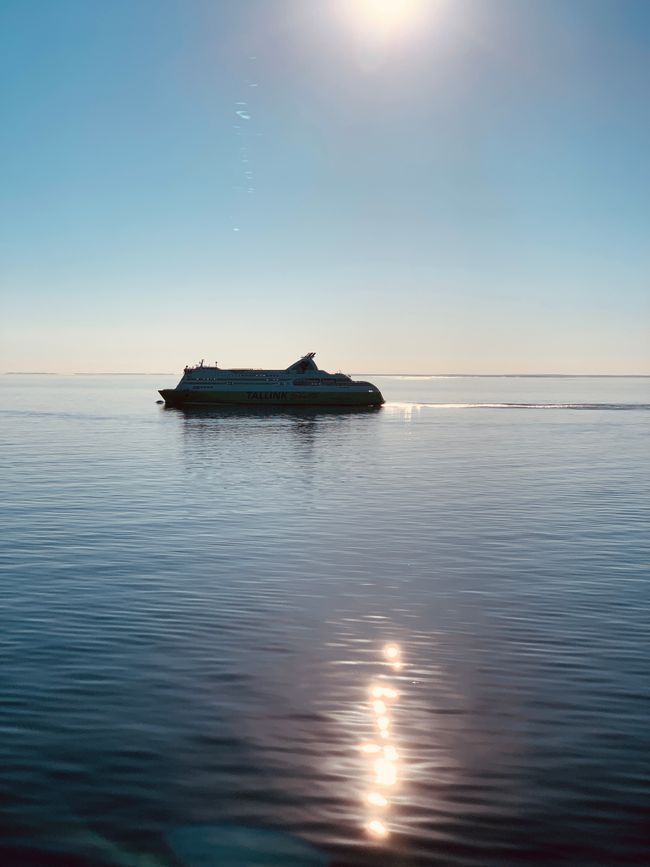

समाचारपत्रस्य सदस्यतां गृहाण
Today I'm going to Tallinn, the capital of Estonia. I need to be at the ferry terminal at 7:30 am for check-in. The ferry takes two and a half hours to cover the 85 km between Helsinki and Tallinn, crossing the mirror-smooth Baltic Sea.


Estonia has a population of only 1.3 million. Accordingly, Tallinn is also a manageable city. Formaly, Estonia belongs to the Baltic states. However, culturally, most Estonians feel closer to the Finns than to the Latvians and Lithuanians.
When entering the harbor, I still see two cruise ships. The small town will be packed because our ship is also fully booked. To avoid the crowds, I decide to explore outside the city walls.

First, I visit old industrial architecture that is now used for cultural purposes.



Shortly afterwards, I arrive at the former Patarei Prison. The former naval fortress was used by Nazi Germany and subsequently by the Soviet Union during the 20th century to imprison and execute innocent people. In addition to criminals, political opponents of the regime were also held captive and executed there. Overall, an estimated 45,000 citizens and residents of Estonia were imprisoned for political reasons during the Soviet occupation. Patarei is considered one of the greatest symbols of Soviet political terror for the people of Estonia.






During today's visit to Tallinn, one thing becomes clear to me: the country wants nothing to do with Russia anymore and proudly displays its independence, which it peacefully achieved in the Singing Revolution of 1991.

Patarei Prison, together with its neighbors, the Seaplane Harbour Museum, the Proto Discovery Factory, and the Kai Art Center, forms a cultural and leisure center in the northern part of the city, just a 15-minute walk from the Old Town.

Here, a lot of exciting new architecture has been created without forgetting the memory of the old buildings.



On the way to the Old Town, I see some strange devices on the street.

The Old Town is really worth seeing, and luckily, most of the crowds have already left the Old Town heading back to the ships.







In the middle of the city is the Russian embassy, guarded by two policemen. The attitude towards the former occupier is clear.




It has become very hot by now, and I seek some relief in the Russian Orthodox Cathedral.



A beautiful day with many different impressions comes to a cozy end on the ferry. It's a mild summer evening. I enjoy the beer that I bought at reasonable prices in Estonia in the evening sun.



समाचारपत्रस्य सदस्यतां गृहाण
उत्तरम्
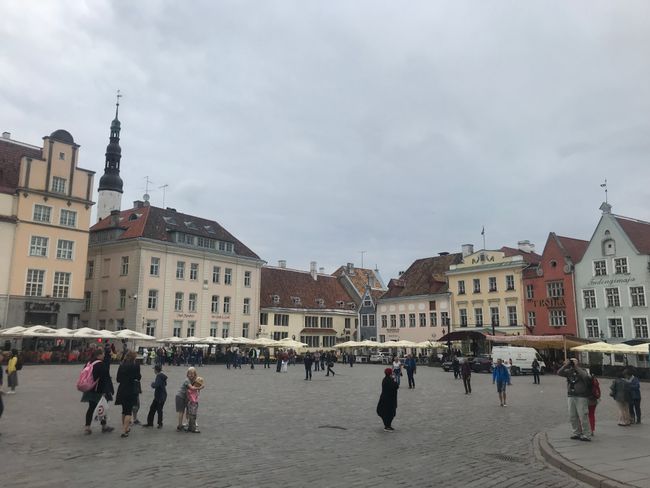
यात्राप्रतिवेदनानि एस्टोनिया
